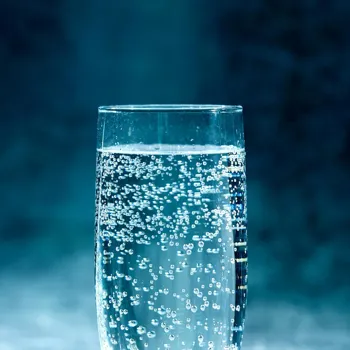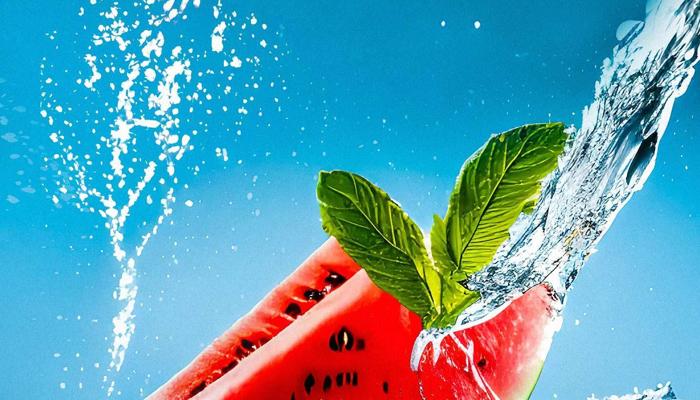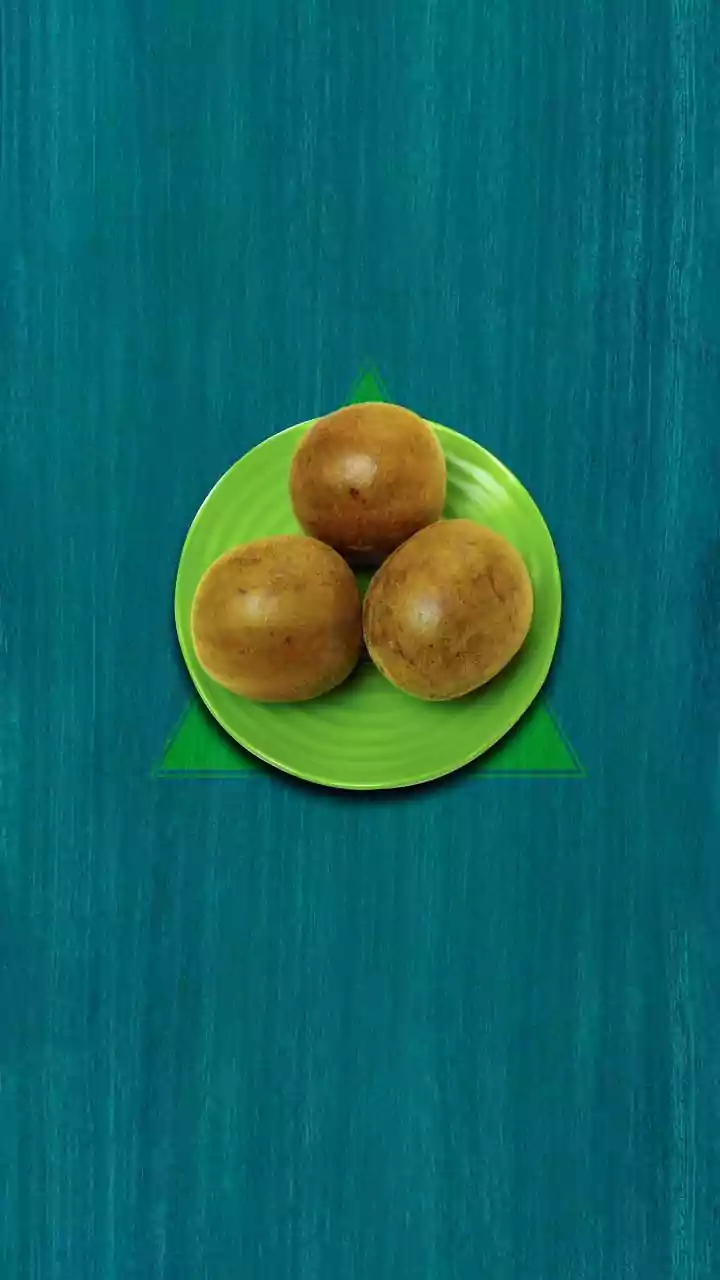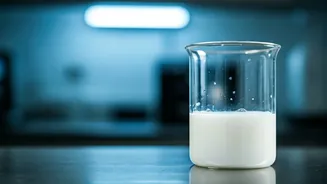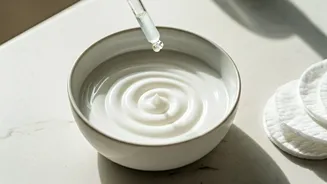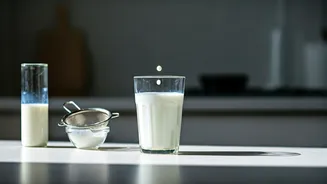Unlock the secrets of hydration! Discover the science behind water needs. Stay quenched, stay healthy. Read on for more!
In the scorching heat of India, staying hydrated isn't just a good idea – it's essential
for survival! We've all heard the age-old advice: drink eight glasses of water a day. But is that a magic number? Turns out, the science of hydration is a bit more nuanced.
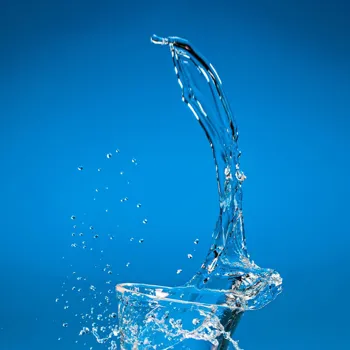
Your water needs depend on various factors, from your activity level to the climate you live in. So, let's dive into the world of water and discover how to quench your thirst the right way.
Water is crucial for bodily functions; dehydration leads to health issues
First things first, why is water so crucial? Your body is about 60% water, and it plays a vital role in almost every bodily function. It helps regulate your temperature, transport nutrients, flush out waste products, and lubricate your joints.
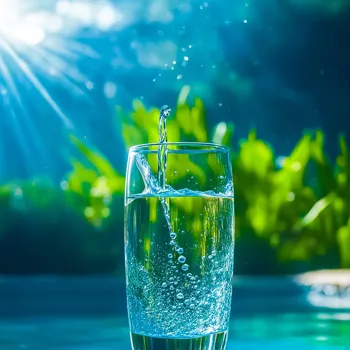
When you don't drink enough water, you become dehydrated, which can lead to fatigue, headaches, dizziness, and even more serious health problems. Imagine your body as a well-oiled machine; water is the oil that keeps everything running smoothly.
Without it, the engine starts to sputter and eventually breaks down. Recognizing dehydration is key. Common signs include thirst, dark urine, infrequent urination, dry mouth, and feeling lightheaded. Don't wait until you're parched to reach for a glass of water!
By then, you're already experiencing the effects of dehydration. Carry a water bottle with you throughout the day and sip regularly, especially when you're active or in a hot environment.
Hydration needs vary by activity, climate, diet, health, and clothing
The "eight glasses a day" rule is a good starting point, but it's not a one-size-fits-all solution. Several factors influence your individual water needs. Your activity level is a major determinant.
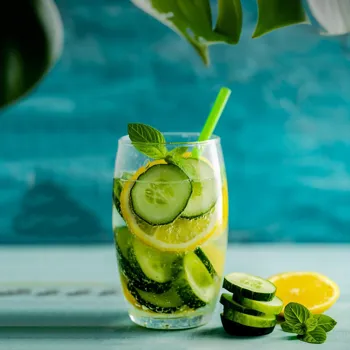
If you're exercising or working in the sun, you'll need to drink more water to replace the fluids lost through sweat. Climate also plays a significant role. Hot and humid weather increases your sweat rate, so you'll need to drink more to stay hydrated.
Your diet can also contribute to your fluid intake. Fruits and vegetables like watermelon, cucumber, and spinach have high water content and can help you meet your daily fluid needs. Consider your overall health as well.
Certain medical conditions, such as kidney problems, can affect your fluid balance. Talk to your doctor if you have any concerns about your hydration levels. Even the clothes you wear can impact your fluid loss.
Light-colored, breathable clothing allows sweat to evaporate more easily, reducing your risk of overheating and dehydration.
Busting common hydration myths: Water not sole hydrator, timing matters, avoid overhydration
Now, let's bust some common hydration myths. One popular myth is that you can only get hydrated from water. While water is an excellent source of hydration, it's not the only one. Other beverages, such as juice, milk, and herbal tea, can also contribute to your daily fluid intake.
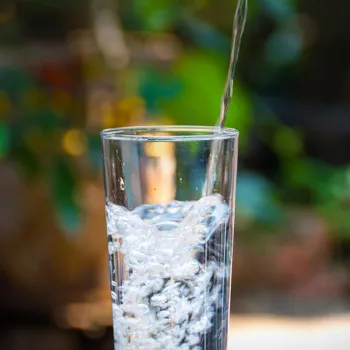
However, be mindful of sugary drinks like soda and sweetened juices, as these can add empty calories to your diet. Another myth is that you should avoid drinking water during meals. In fact, drinking water before, during, or after meals can actually aid digestion.
It helps break down food and move it through your digestive system more efficiently. Some people believe that you can overhydrate by drinking too much water. While it's rare, it is possible to overhydrate, a condition called hyponatremia.
This happens when you drink so much water that it dilutes the sodium levels in your blood. However, you would need to drink an extreme amount of water in a short period to experience this. A more common hydration mistake is solely depending on thirst to guide your water intake.
Various beverages and foods aid hydration; fruits, herbal teas, coconut water, soups, fruits, veggies
Besides plain water, many other beverages and foods can contribute to your hydration needs. Fruit-infused water is a refreshing and flavorful way to stay hydrated. Simply add slices of your favorite fruits, such as lemon, cucumber, or berries, to a pitcher of water.
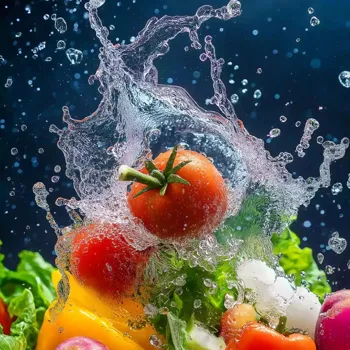
Herbal teas, like chamomile or peppermint, are another great option. They're caffeine-free and can be enjoyed hot or cold. Coconut water is a natural electrolyte drink that can help replenish lost fluids and electrolytes after exercise.
Soups, especially broth-based soups, are a hydrating and nutritious way to meet your fluid needs. And, don't forget about fruits and vegetables! Watermelon, cantaloupe, strawberries, oranges, grapefruit, celery, lettuce, and zucchini are all excellent sources of water.
Consider incorporating these hydrating foods into your daily diet.
Listening to your body's cues for optimal hydration is key, beyond the 8-glass rule
The key to staying adequately hydrated is to listen to your body and adjust your fluid intake based on your individual needs and circumstances. Don't rely solely on the "eight glasses a day" rule. Instead, pay attention to your thirst cues, the color of your urine, and your activity level.
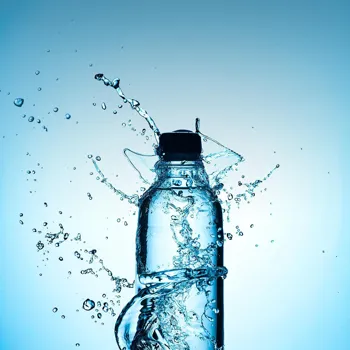
Carry a water bottle with you throughout the day and sip regularly, especially when you're active or in a hot environment. Experiment with different hydrating beverages and foods to find what works best for you.
Remember, staying hydrated is a simple yet powerful way to improve your overall health and well-being.
Hydration vital in hot climates for optimal body function
Staying hydrated is very important in hot countries like India. Your body needs water to work well.
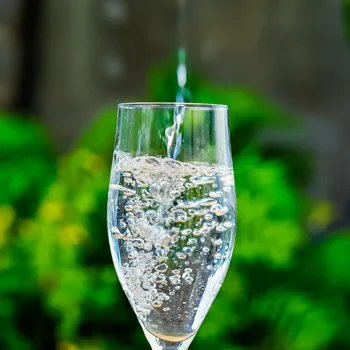
Water intake varies based on individual factors, not just 8 glasses
The normal advice of eight glasses is a general point, and each person might need to drink different amounts. What you are doing, the place you live in, and your body affects the water you need.
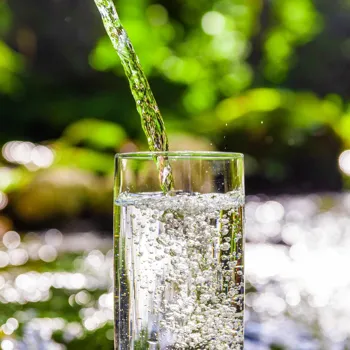
Listening to your body for hydration, beyond just water
There are a lot of wrong ideas about drinking water. Water is not the only thing that gives liquids to your body. Hear your body - check pee and drink a lot to stay healthy.
